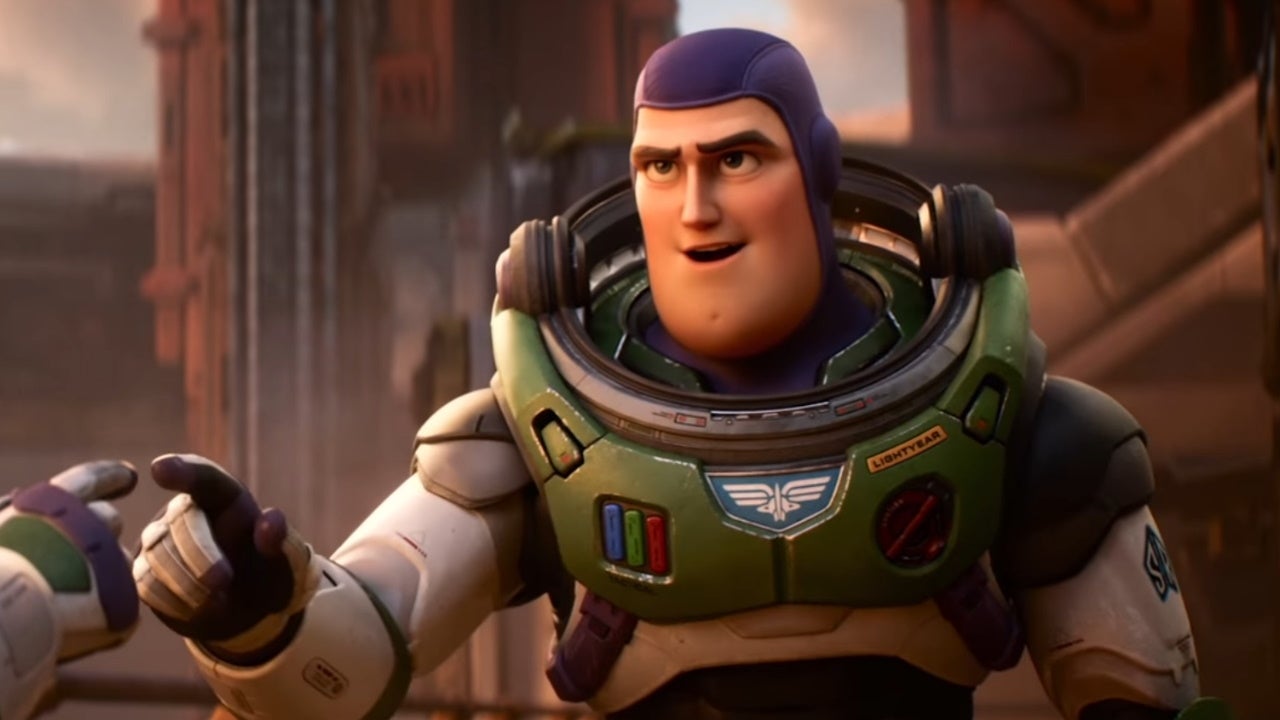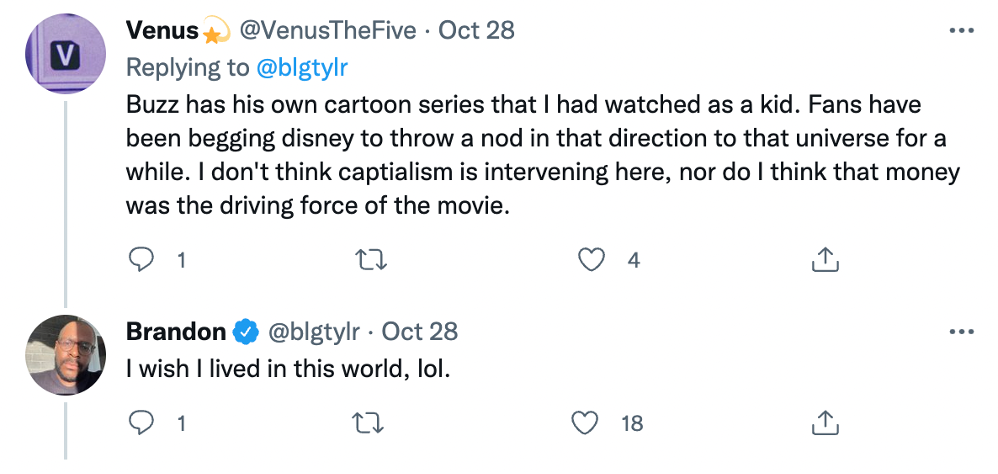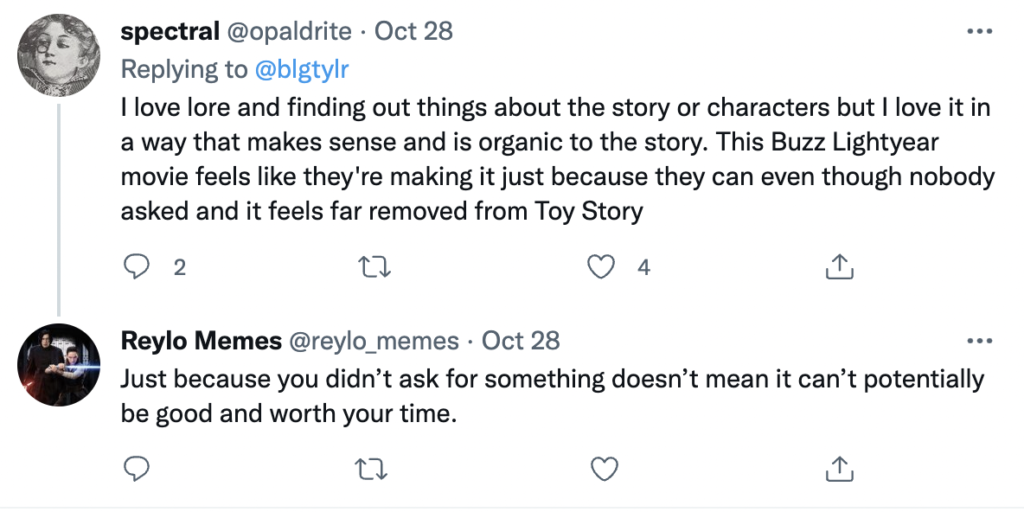Around the time when the new Lightyear teaser trailer came out last month, Twitter user, Brandon (@blgtylr), tweeted about the “underdiscussed effect of capitalism’s intervention in narrative storytelling,” This tweet has since been deleted, but not before people could react to it and discuss this idea further.
Brandon and other users explain that this phenomenon isn’t necessarily new, other franchises, and even anime and mangas, may definitely be considered to have stretched out their stories to produce more purchasable content.
Examples mentioned include, but are not limited to, the Star Wars and Hobbit franchises and even the release of Finding Dory in 2016 after the original Finding Nemo which came out in 2003.
Some that agreed with Brandon spoke about the value in keeping a spark of mystery alive. What makes a story great is the believability that these characters are living and exist within their own worlds, whether or not we see exactly what is going on. This idea leaves room for the imagination to grow and sustain a spark of magic. Those that agree with Brandon believe that sometimes, less is indeed more.
The Toy Story universe has told more than one story about those beloved toys, with four films in the series’ filmography, a short film, and numerous TV specials and series. Though, specifically for the Buzz Lightyear canon, this isn’t the first time that the space ranger got a spinoff based on his character in the original Toy Story film.
In 2000, the movie Buzz Lightyear of Star Command: The Adventure Begins came out. It served as a pilot for the space ranger’s very own TV show– Buzz Lightyear of Star Command– which ran from 2000-2001.
The movie actually started out very meta, with the characters of the original Toy Story and Toy Story 2 films coming together in Andy’s room to view the movie together.
So, the question is, are some movie franchises nitpicking every tiny detail of their stories just to create more (“watered down”) bankable content or is it all really just in good fun?
One Twitter user replied to Brandon’s thread arguing that “just because you didn’t ask for something doesn’t mean it can’t potentially be good and worth your time.”
To each their own, if you aren’t into it well then no one is forcing you to watch the new releases in every franchise. If you do watch them, then remember that you are (hopefully) helping the creators fund more content alongside their origin stories and reboots as well.
Other POP! stories you might like:
Gal Gadot will be the Evil Queen in Disney’s live-action Snow White movie
‘Brenaissance’: Hollywood actor Brendan Fraser to return to mainstream movies
Pixar made an anime intro for ‘Up’ as they remix their beloved movies








